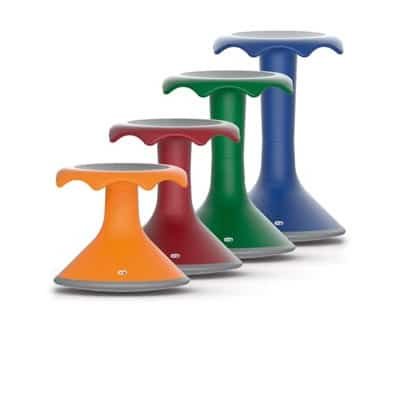
There is a nap revival going on, and I’m 100% behind it. I blogged about it in recent months. See “Rest Revisited…and I mean naps.” I’m just back from China and my sleep is disrupted, and I’m feeling it acutely. I have always enjoyed afternoon naps. They are a luxurious privilege that not everyone has access to. I associate them with leisure, vacations, and weekends. When I’m at work, there is no nap time.
And not all people have access to leisure, vacations, or even weekends (in the sense of time off). There is definitely a class issue around naps — if you’re working multiple jobs to pay the bills, chances are you don’t have a lot of time for naps even though you might be sorely in need of them. Napping is indeed a social justice issue.
Besides the simple value of sufficient rest, naps have cognitive and health benefits. According to this article, new research shows that “a nap can help with how we process and react to information.” The researchers reported that their study “indicated that sleep was responsible for inducing improvement in tasks that were processed unconsciously.” So there’s that benefit.
I also recently read an article on wired.com about the health impact of consistent sleep deprivation. Apart from making us less cognitively capable than we might otherwise be, sleep deprivation makes us: “more forgetful, unable to learn new things, more vulnerable to dementia, more likely to die of a heart attack, less able to fend off sickness with a strong immune system, more likely to get cancer, and it makes your body literally hurt more. Lack of sleep distorts your genes, and increases your risk of death generally, [neuroscientist Matthew Walker] said. It disrupts the creation of sex hormones like estrogen and testosterone, and leads to premature aging. Apparently, men who only sleep five hours a night have markedly smaller testicles than men who sleep more than seven.” So it’s not good for the health on many levels.
And yet our fast-paced world glorifies over-busy lives and minimal sleep. This is why my most favourite message these days is from The Nap Ministry’s Facebook page. They have a website too. This is not simply a group that promotes naps as good for your physical and mental health. Based in Atlanta and founded by nap bishop Tricia Hersey, they see naps as a form of resistance.
Their mission statement exudes hope for a new way of living, with naps as a form of resistance against sleep deprivation and the glorification of the capitalist consumer machine that chews us up and spits us out. The statement says:

The Nap Ministry is a community organization that examines the liberating power of naps. We use the power of performance art, poetry, installation, public performance interventions and community art making to illuminate the artistic, spiritual and creative power of rest. It reimagines why rest is a form of resistance and shines a light on the issue of sleep deprivation as a justice issue. It is a counter narrative to the belief that we all are not doing enough and should be doing more. We are community centered. We are focused on radical self-care. Naps are a dream space that offers us a place to invent, create and heal. When we don’t nap, we miss out on precious creative time to hope and imagine. Hope is what will sustain us. Sleep will restore us.
Even better (and this makes me wish I lived in Atlanta or at least visited more often), “The Nap Ministry hosts Collective Napping Experiences that allow the community to experience a safe space that has been curated for rest.”
When people tell me they are too busy to rest…when I myself feel too busy to rest…I feel sad. When someone boasts about how little sleep they can function on, I raise a skeptical eyebrow. I mean, I realize that there is a lot in this wonderful world. And I realize that there are only so many hours in a day. But life is not just about consuming experiences and adding them to the collection. I like the idea of carving out time for rest. To be. To restore. To allow creative time. And to find other people who place value on that challenge to the dominant attitude of do-do-do as a marker of what it means to be a contributing citizen.
Do you nap for rest and if you do, does it feel like a guilty pleasure or a birth right?

















